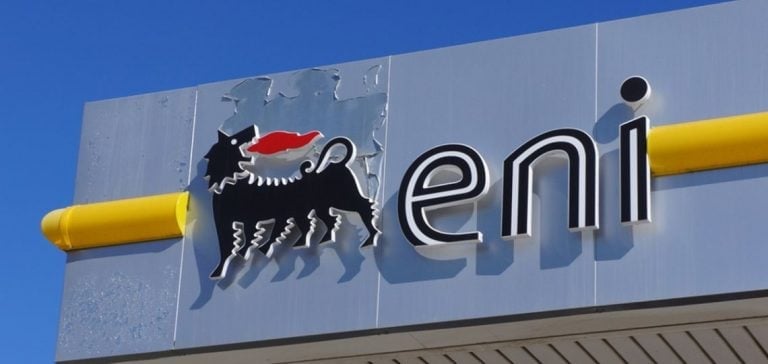Eni published its annual report on government payments, indicating a total of €8.43 billion for the year 2024. These payments include royalties, taxes, and other contributions directly related to oil and gas exploration and production activities. The report highlights the distribution of the Italian group’s expenditures by continent and country.
Priority to Africa and the Middle East
Eni’s most significant investments in 2024 were in Africa, where the company paid nearly €5.16 billion. Libya was the primary beneficiary, receiving €1.9 billion, closely followed by Algeria with €1.07 billion. These payments mainly involved hydrocarbon royalties, taxes on extraction profits, and Production Sharing Agreements (PSA).
In Nigeria, Eni paid over €500 million, primarily through contributions to onshore and offshore joint ventures. Egypt received approximately €730 million, notably due to the development of the Shorouk gas field. Côte d’Ivoire and Ghana also received substantial amounts, €155 million and €305 million, respectively.
Diversification of Expenditures in Europe
In Europe, Eni’s expenditures amounted to around €366 million, primarily distributed between Italy and the United Kingdom. In Italy, the group spent approximately €171 million in royalties and taxes for its onshore and offshore oil activities, notably in Sicily and the Basilicata region. The United Kingdom received €155 million, mainly in taxes.
The Netherlands and Cyprus also appear in the report, with respective payments of €39.7 million and €236,000, primarily in taxes and offshore exploration fees.
Targeted Investments in the Americas
In the Americas, Eni concentrated primarily in Mexico, where payments reached nearly €315 million for offshore projects, including royalties and taxes associated with oil and gas production. In the United States, Eni spent approximately €200 million, mainly related to taxes and royalties for its operations in Alaska and the Gulf of Mexico. Argentina received a much smaller amount of €126,000, primarily dedicated to exploration.
Significant Presence in Asia-Pacific
In Asia, Eni paid more than €2.37 billion. Indonesia and the United Arab Emirates captured most of these funds, with €917 million and €1.14 billion, respectively. These investments primarily involved offshore production and Production Sharing Agreements. Other Asian countries like Kazakhstan and Iraq also recorded significant amounts, with €208 million and €36 million, respectively, in production-related taxes.
In Australia, the sum was considerably smaller, around €1.75 million, invested in royalties and fees associated with offshore gas fields such as Bonaparte and Carnarvon.
Privileged Strategic Sectors
Payments made by Eni were mainly concentrated in key sectors such as hydrocarbon exploration and extraction, royalties for the exploitation of natural resources, and taxes on profits from oil and gas operations. Payments also included specific bonuses related to the signing of new exploration agreements and achieving production milestones.
These expenditures reflect a development strategy based on close partnerships with local governments, reinforcing Eni’s position in major and emerging energy markets.






















